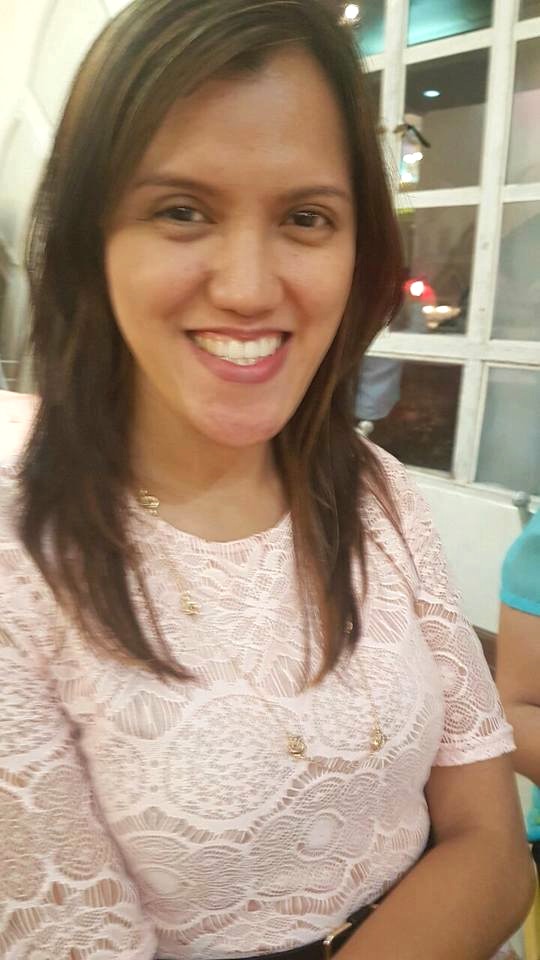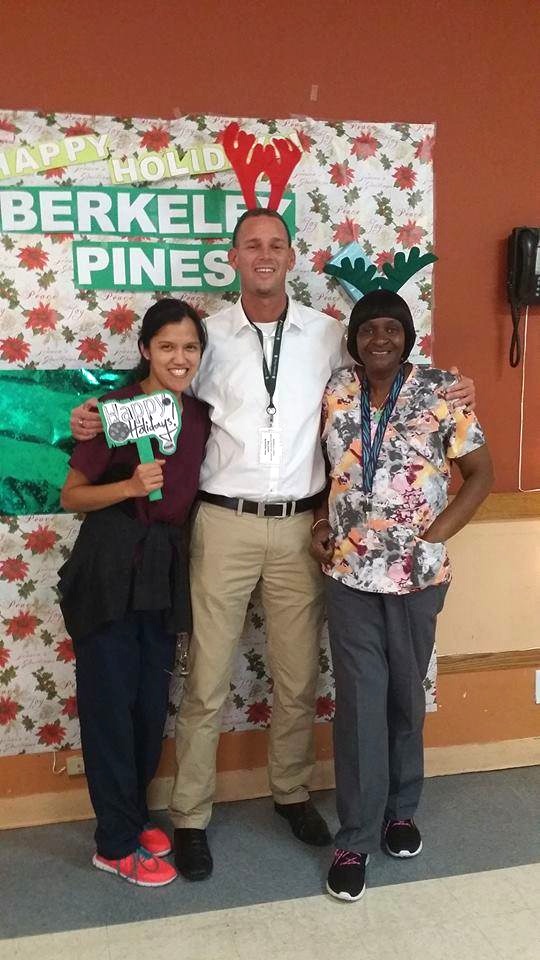When Jenalyn Eve L. Kim-Sacramento immigrated to United States in August 18, 2013 under K1 visa to marry her fiancé, she thought getting settled in her profession would be easy.
“Along the completion of requirements, a lady asked me, you have good educational background, are you going to pursue your career? I said yes. I took all my documents with me so, I am ready on whatever opportunities I may encounter,” recalls Jenalyn, now a registered dietitian in Masonic Home of California in Union City.
Love of food and its preparation made Jenalyn shift from her nursing course to earn a Bachelor of Science in Nutrition and Dietetics in Centro Escolar University. In 2008 she passed the Board Exam.
Despite her qualifications in the Philippines, career opportunities in America didn’t readily open up for her.
Waitressing, etc.
In April 2014, after receiving her conditional green card, Jenalyn started working as a waitress in a Japanese restaurant. On the side, she also wrote nutria-related online articles, recipe development and blurbs at Sampateek.com.
“I had to lift heavy stuff, which I rarely did back in the Philippines, but I thought of it as exercise. Endless walking, answering calls, talking, serving, etc., which helped me improve my communication and social skills,” Jenalyn says.
Jenalyn also experienced riding a bike as means of transportation. She still occasionally bikes to pick up fruits and vegetables for the residents of the care facility she now works for. “I feel like I have that responsibility so residents will be fed nutritionally” she explains.
“When I was a waitress, I met students and migrant workers who worked hard to achieve their dreams, either to finish college or provide to their families,” Jenalyn recalls.
The experience gave Jenalyn more understanding about being part of a food-service staff, which became useful when she was also hired as a food service supervisor in a skilled nursing facility (senior care). While working at the facility, she applied for the eligibility to take the Registered Dietician Nutritionist (RDN) examination.
Failures
Jenalyn explains that completed applications are sent to the Commission on Dietetic Registration, which determines whether the applicant is eligible to take the examination.
Despite working two jobs, Jenalyn was able to self-study for the RDN exam. But she failed. She decided to quit her job as a waitress to concentrate on the review.
“I know that on my first take, my review was not yet enough. I lacked practice in taking computerized examinations,” Jenalyn says.
She tried again. However, job situations deterred her from concentrating on review sessions. She moved her examination date from June to July 2015. She failed again.
Finally, success
“On the third time. I tried to study by myself. I became more disciplined. No music while studying. Study first then stop to watch my favorite Filipino drama and or listen to music,” Jenalyn says.
She also put herself in the real settings, because dietitian exam is very situational rather than focused on “objective questions.”
In September 2015, Jenalyn passed the exam. She is now a Registered Dietitian Nutritionist at the Masonic Home of California in Union City.
Jenalyn says that passing the exam is just part of an accomplishment; the most important part is changing the lives of others through proper diet and nutrition.
“Dieticians are needed in America because they play a huge role in promoting good nutrition among the people,” Jenalyn states.
She talks to residents to hear their concerns so she can come up with a nutritional intervention for them.
“Diet is usually understood as eating less, but it may also mean you have to eat more, or simply eat healthy; it all depends on our own individual needs and once we are used to it, it gradually becomes a lifestyle, and like life, it is also a journey,” she explains.
Demand for RDNs
According to the Academy of Nutrition and Dietetics, there is a continuous increase in the demand for dietitians and nutritionist due to the aging population and need for disease prevention.
Aside from hospitals and health care facilities, RDNs are also required in business and industry, community/public health, research in pharmaceuticals, universities, and government programs. An RDN can also have a private practice.
Jenalyn says that anything is possible in America if a person has self-discipline, sets goals and works hard work to meet them, and gets support from family and friends
“America also taught me how to be resilient. Failures, mistakes, do not define who we are, it is how we stand back up that matters,” Jenalyn says.
Filipino immigrant workers are very hardworking and family-oriented, she observes: “We keep laughing and smiling even we are hurting inside; even if we have been working too hard.”
While Jenalyn succeeded in pursuing her career, her marriage didn’t last. She and her ex-husband have remained friends, however.



